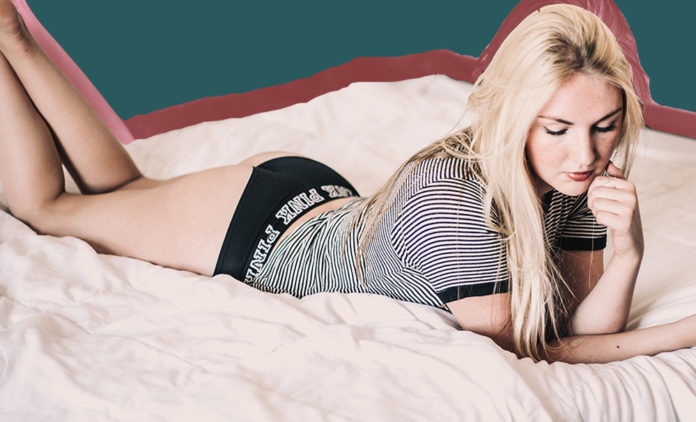A basic rule of social media is that it’s ten times more interesting when you’re supposed to be doing something else, including falling asleep. I can’t count the number of nights I’ve been determined to go to bed early, only to find myself hours later perusing Instagram or refreshing Twitter for the tenth time. I’d heard people warn about the detriment of technology use before bed, but never paid much attention until I realized my sleep was suffering. An article on Sleep.com says that there’s actually a scientific reason why technology usage before bed can keep us awake; apparently, the blue light that a screen emits reduces the amount of melatonin (the sleep hormone) that your body produces. The article also states that technology can trick your brain into trying to stay awake, and can wake you up with annoying texts and sounds once you’ve fallen asleep.
Arianna Huffington, co-founder of The Huffington Post and author of The Sleep Revolution, makes sleeping a top priority in her life. According to a New York Times article, she “wants to rekindle our romance with sleep.” She advocates for putting electronics outside the bedroom, and for winding down the day with soothing activities like writing in a journal or taking a bath.
I haven’t been sleeping well recently, so I decided to try an experiment: for five nights in a row, I made a point to refrain from looking at any electronic devices for thirty minutes before I went to bed. Luckily, I’m not used to falling asleep while watching TV, so that wasn’t an issue for me. I knew abstaining from checking social media and responding to texts right before bed would be the biggest challenge. Nevertheless, I was determined to break my habit of inadvertently falling down the rabbit hole of the internet, even if it was just for a few days.
I never realized the extent of my dependence on technology until I caught myself texting several people on the first night, “I’m doing this experiment where I’m not checking my phone thirty minutes before bed. So if I don’t respond until tomorrow, that’s why!” Needless to say, it was time to back off on the cell phone usage. I set my alarm, put my phone facedown on my bedside table, and picked up a book.
The first two or three nights were strange, and I had to constantly remind myself not to check my phone. I mostly read, something I love but don’t do enough of, and plowed through over a hundred pages in the first four nights. By giving my mind a chance to relax, I was able to fall asleep relatively quickly on most nights of my experiment. Instead of googling how old the actors on Gilmore Girls were during filming or finding a new podcast to listen to, I could relax by reading or just thinking about the events of the day. I felt much more focused, intentional, and peaceful before going to bed, and I’m going to continue to incorporate this method into my nightly routine as much as possible.
As a side note, once as I discovered that I didn’t need to check my phone right before bed, it was easier to be open to limiting electronic usage in other aspects of my life. One of my friends told me about a writing strategy that includes completely turning off your phone while writing, and I would have been less inclined to give it a try if I hadn’t had so much success with this experiment.
While completely eliminating all technology usage before bed may not be practical in the long-term, give it a try for a few days. Read a book, look at a magazine, write in a journal. Who knows, you may never return to your scrolling-before-sleeping habits.

